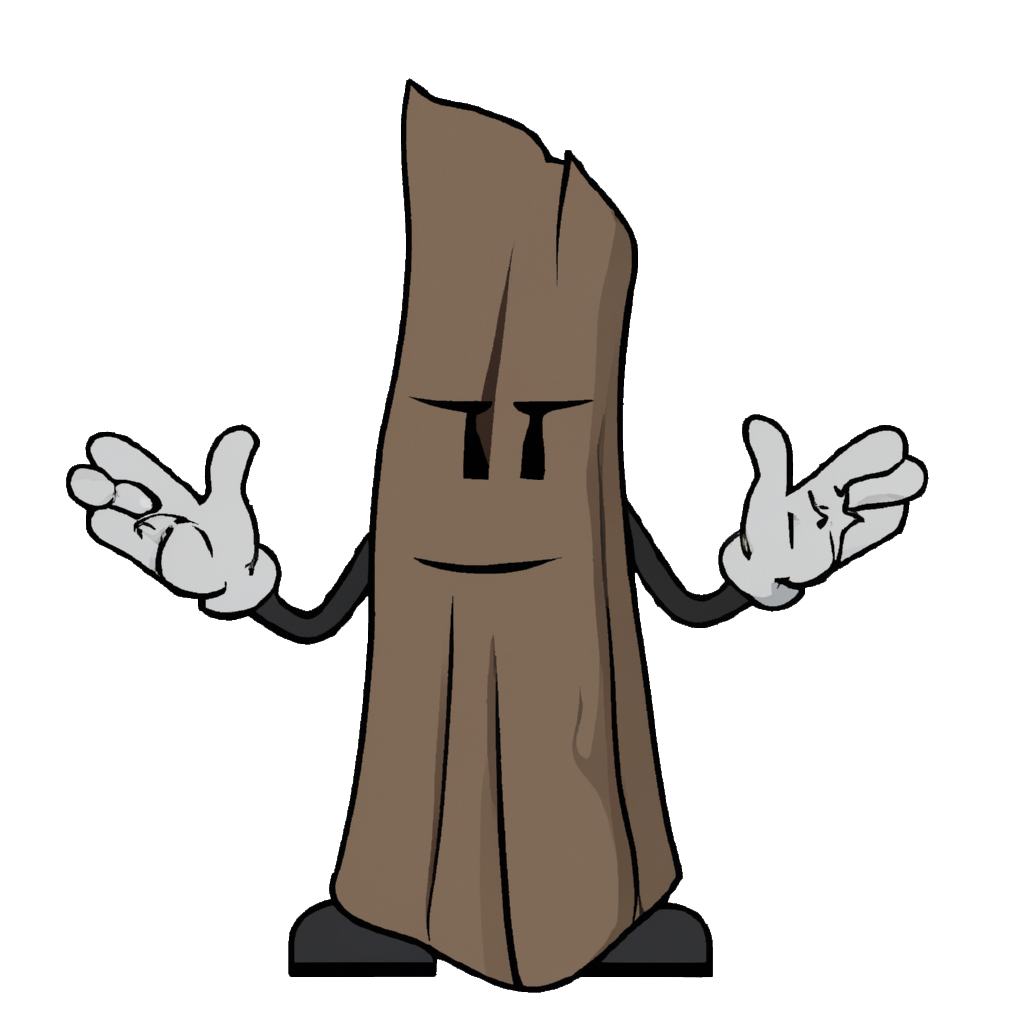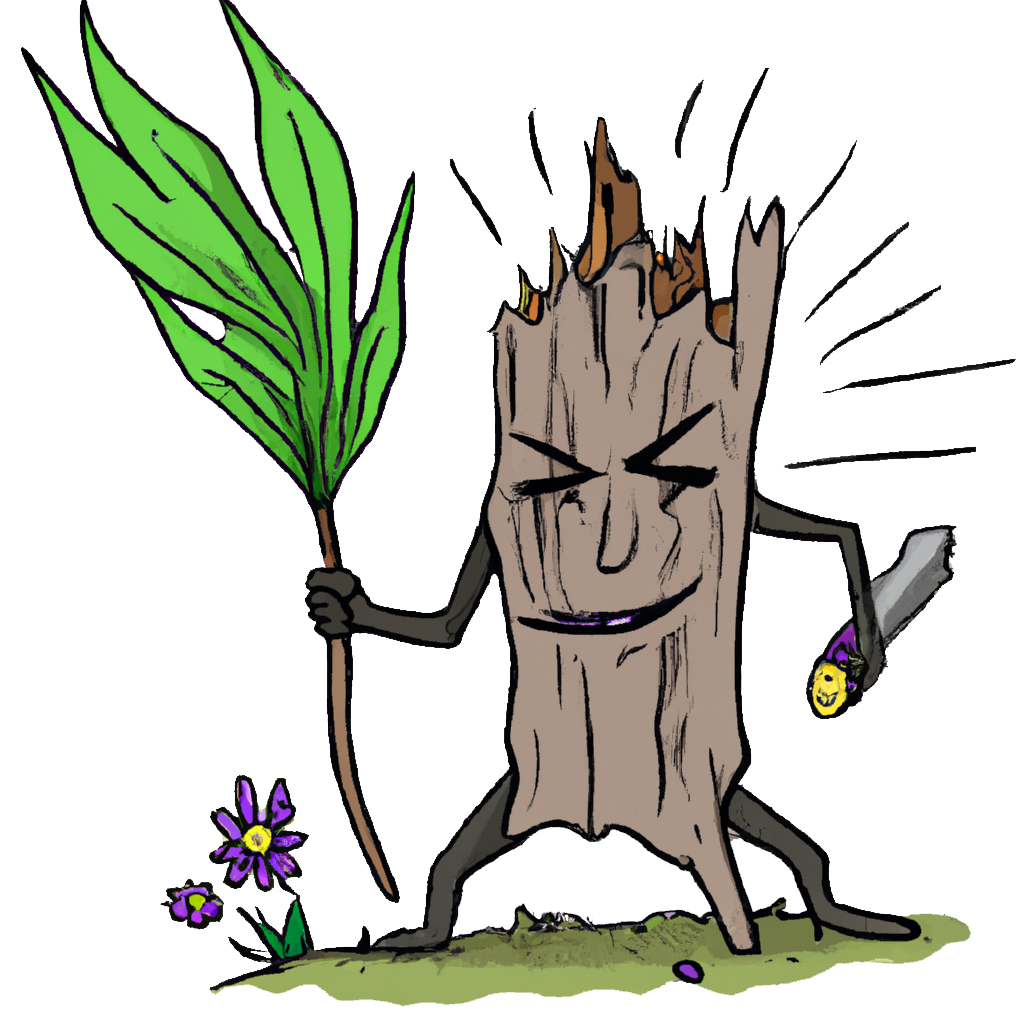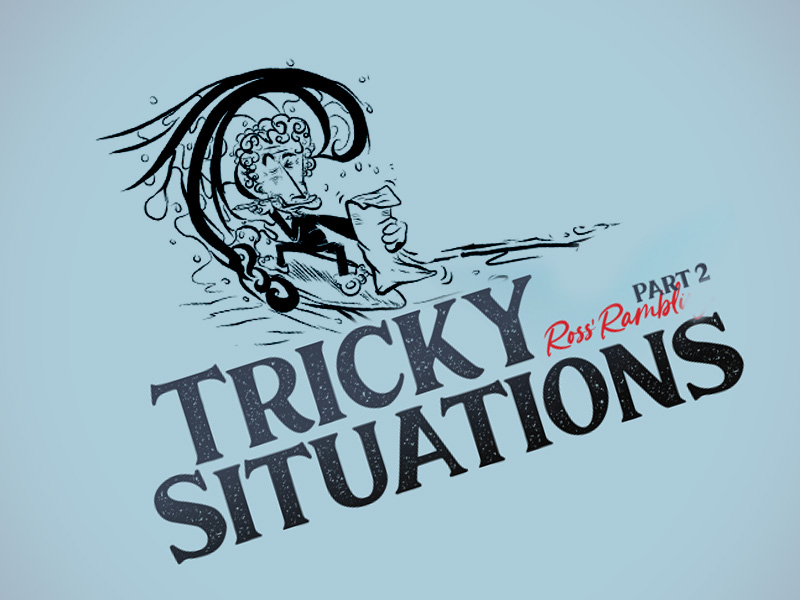
Bark is the protective outer layer of a tree’s trunk and branches. While it may not seem like much at first glance, bark plays a crucial role in the health and well-being of trees and can also benefit your garden in a number of ways.
History of Bark Use
Humans have been using bark for various purposes for thousands of years. In many indigenous cultures, bark was used for medicinal purposes, such as treating fevers and digestive issues. It was also used to make clothing, baskets, and other woven items.
In more recent history, bark has been used as a natural mulch in gardening and landscaping. The practice of using bark mulch gained popularity in the 1970s as an alternative to synthetic materials, and has since become a staple in many gardeners’ toolkits.
Benefits of Bark in Your Garden
Using bark in your garden can provide a number of benefits. Firstly, it can help to retain moisture in the soil, which is especially important during hot and dry periods. This can reduce the amount of watering you need to do and can also help to protect your plants from drought.
Bark mulch can also help to suppress weeds, as it creates a barrier that prevents weed seeds from germinating. This can reduce the amount of time you need to spend weeding your garden, allowing you to focus on more enjoyable gardening tasks.
Finally, bark mulch can help to regulate soil temperature, keeping it cooler in the summer and warmer in the winter. This can help to promote healthy root growth and can also help to protect plants from extreme temperatures.

Choosing the Right Bark
When choosing a bark mulch for your garden, it’s important to consider the type of plants you’re growing and the overall aesthetic you’re trying to achieve. Some popular options include cedar, pine, and hardwood bark.
Cedar bark is a popular choice due to its natural resistance to insects and decay. Pine bark is also a good option, as it breaks down more slowly than other types of wood and can last for several years. Hardwood bark is a great choice if you’re looking for a more decorative option, as it comes in a variety of colors and textures.
Bark may seem like a small and insignificant part of a tree, but it can have a big impact on the health of your garden. By using bark as a natural mulch, you can help to retain moisture, suppress weeds, and regulate soil temperature. With a little bit of research, you can choose the right type of bark for your garden and create a beautiful and healthy landscape.
Check out Chops Landscaping Design and Maintenance here.






